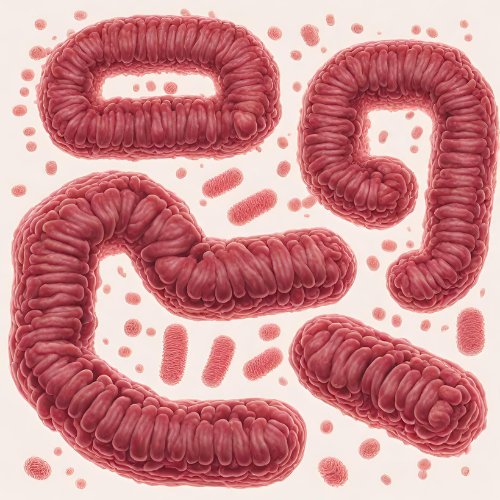Understanding E. coli Infection: Symptoms, Causes, and Prevention
What is an E. coli Infection? Escherichia coli (E. coli) is a type of bacteria commonly found in the intestines of humans and animals. While most strains of E. coli are harmless or even beneficial, certain strains, such as E. coli O157:H7, can cause foodborne illness. An E. coli infection typically occurs through the consumption of contaminated food or water, and it can lead to a range of symptoms, from mild gastrointestinal discomfort to severe illness.
Symptoms of E. coli Infection:
- Gastrointestinal Symptoms:
- Abdominal cramps
- Diarrhea (often bloody)
- Nausea and vomiting
- Systemic Symptoms:
- Fever
- Fatigue
- Weakness
- Headache
Causes of E. coli Infection:
- Contaminated Food or Water: E. coli bacteria can contaminate food and water sources, particularly if they come into contact with fecal matter from infected humans or animals.
- Undercooked Meat: Consumption of undercooked ground beef, unpasteurized milk, or raw fruits and vegetables can increase the risk of E. coli infection.
- Poor Hygiene: Improper handwashing, especially after using the restroom or handling raw meat, can contribute to the spread of E. coli bacteria.
Prevention of E. coli Infection:
- Food Safety Practices:
- Cook meats thoroughly, especially ground beef, to an internal temperature of 160°F (71°C).
- Avoid consuming unpasteurized dairy products or juices.
- Wash fruits and vegetables thoroughly before eating, especially if consumed raw.
- Practice good food handling and storage practices to prevent cross-contamination.
- Hygiene Habits:
- Wash hands thoroughly with soap and water before and after handling food, using the restroom, or changing diapers.
- Clean and sanitize food preparation surfaces, utensils, and cutting boards regularly.
- Avoid swallowing water while swimming in pools, lakes, or rivers, as these water sources may be contaminated with E. coli.
- Safe Drinking Water:
- Drink only safe, treated water from reliable sources.
- Use water filters or boil water if there is uncertainty about its safety.
Treatment of E. coli Infection:
- Fluid Replacement: In cases of mild E. coli infection, staying hydrated is essential to replace fluids lost through diarrhea and vomiting.
- Antibiotics: In severe cases or when complications arise, such as hemolytic uremic syndrome (HUS), antibiotics may be prescribed to help combat the infection.
- Medical Monitoring: Close monitoring by a healthcare professional is necessary for severe cases, especially in children, the elderly, or individuals with weakened immune systems.
Conclusion: E. coli infection is a common cause of foodborne illness worldwide, but it can be prevented through proper food safety practices, hygiene habits, and access to safe drinking water. By understanding the symptoms, causes, and prevention strategies for E. coli infection, individuals can take proactive steps to protect themselves and their families from this bacterial illness. If symptoms of E. coli infection develop, seeking prompt medical attention and following treatment recommendations can help prevent complications and promote a swift recovery.




